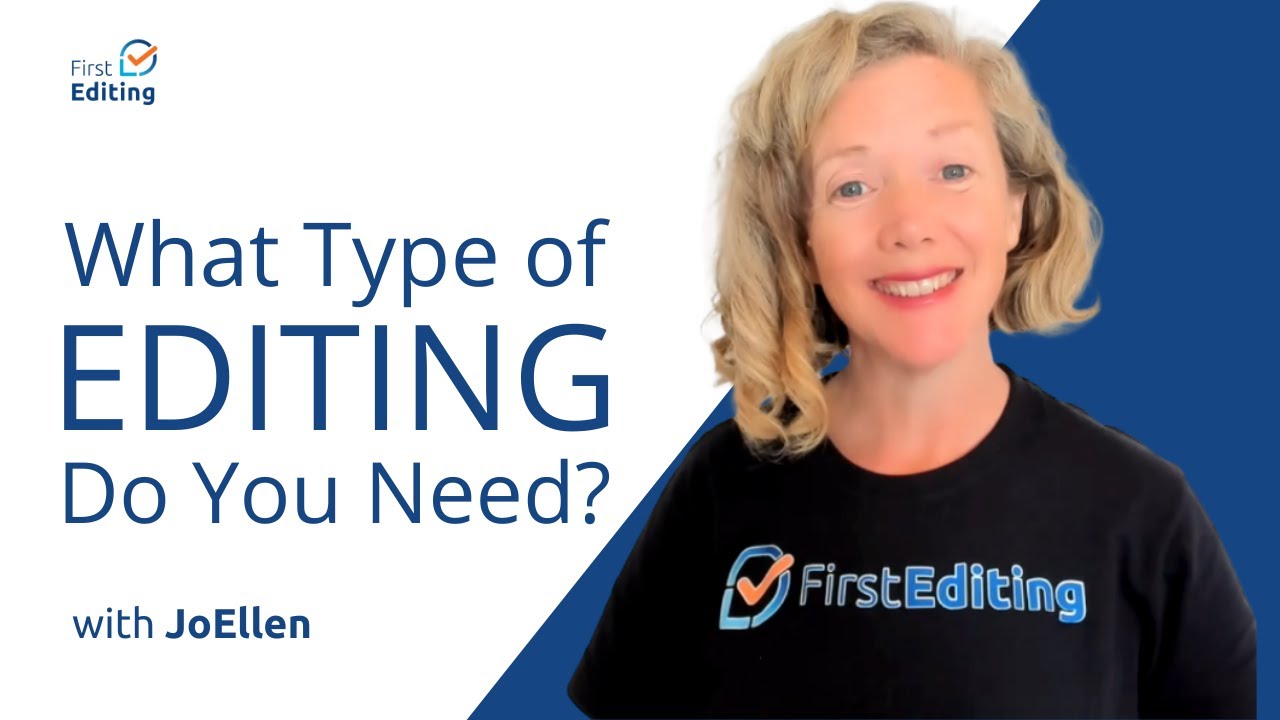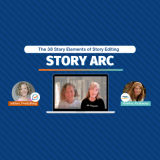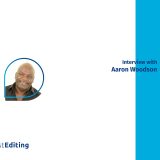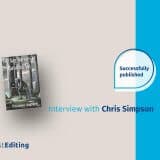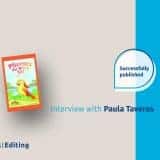
Throughout the world, there are many great storytellers. Everyone has a story inside of them, whether it is a legendary tale meant to entertain, or a meaningful memoir sharing life experiences, or a researched non-fiction text intended to inform. Often, however, you can become hung up on the nitty-gritty details of the writing; those darn English rules involving grammar, syntax, spelling, and punctuation. What you might not realize is how easy and straightforward it is to polish and proofread your writing! With a variety of tools and tricks available to you, the nitty-gritty details of writing do not need to be so bothersome.
Editing and Writing Resources
When your book needs that first round of polish and help, rely on the electronic resource you used to write it all down—your computer. The first step toward proofreading your writing is just a few clicks away. Most every word processing software program comes fully equipped with spelling and grammar check. Use those editing resources to your advantage! When using any spelling and grammar check, however, you do need to ensure that the changes the system wants to make are appropriate. For example, most spell-check systems won’t know all of the words you might be using in your writing, particularly if you are using some discipline-specific language in your book or if the terminology is fictitious or out of the ordinary. Review each change the spell-check wants to make to ensure you don’t change something that needed to stay the same.
Your next step is to rely on the free writing resources available on the Internet. Because online education is extremely popular, there are a great many learning institutions and universities that make their writing resources available free to the public online. One great example of this is Purdue University’s OWL (Online Writing Lab). This resource alone provides an enormous amount of information, writing tips, and advice. Similarly, if you are writing a book involving research, take advantage of the many websites of a variety of citation styles. Some of the most popular resources include MLA, APA, and CMS, all of which have the basic citation and formatting information linked through their sites.
Where to Find Help When Proofreading Your Writing
The final step for finding help when proofreading your writing is to seek the help of a trained professional. The resources available to you through online resources and software programs are great. However, nothing is equal to a second set of eyes going through your document. And what better set of eyes than those of a trained professional editor?
Before you submit your work for publication or send out queries regarding possible representation, make sure your work has been proofread and polished as much as possible. You can accomplish this by using a professional proofreader and editor. The best thing you can do for your writing project is to treat it with care and respect. Make it as clear, concise, and error-free as possible. Behold, the power of proofreading!
Originally posted 9/15/2010 and happily updated 10/26/2017. Thanks for reading!




